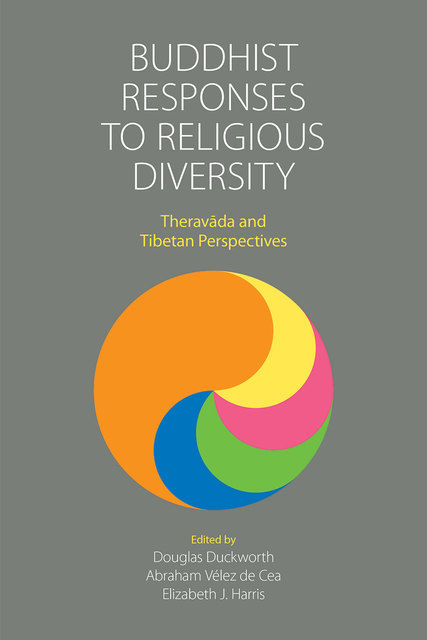Duckworth/Buddhist Responses, 2. Was the Buddha an Exclusivist?

Full description
This chapter challenges exclusivist interpretations of the Buddha, and proposes alternative readings of early Buddhist texts that allow for the existence of the ultimate goal of the spiritual life outside Buddhism. The chapter clarifies the differences between exclusivist and non-exclusivist exegesis of the Buddha and suggests that exclusivist readings of his thought are a later scholastic development in the history of Buddhism. The main thesis of the chapter is that the Buddha cannot be considered an exclusivist because he did not understand the Dhamma and self-enlightened beings (paccekabuddhas) in sectarian terms as being the monopoly of any school. What the Buddha excludes from being paths to the final goal of the spiritual life are specific teachings incompatible with the Dhamma and the Noble Eightfold Path. This exclusion of specific teachings rather than of entire schools entails “specific exclusivism,” which is different from holding a sectarian “exclusivist view” of all non-Buddhists traditions anywhere and at any time.
- typeImage
- created on
- file formatjpeg
- file size31 KB
- container titleBuddhist Responses to Religious Diversity: Theravāda and Tibetan Perspectives
- creatorAbraham Vélez de Cea
- isbn9781781799062 (eBook)
- publisherEquinox Publishing Ltd.
- publisher placeSheffield, United Kingdom
- rightsEquinox Publishing Ltd.
- doi
We use cookies to analyze our traffic. Please decide if you are willing to accept cookies from our website. You can change this setting anytime in Privacy Settings.
